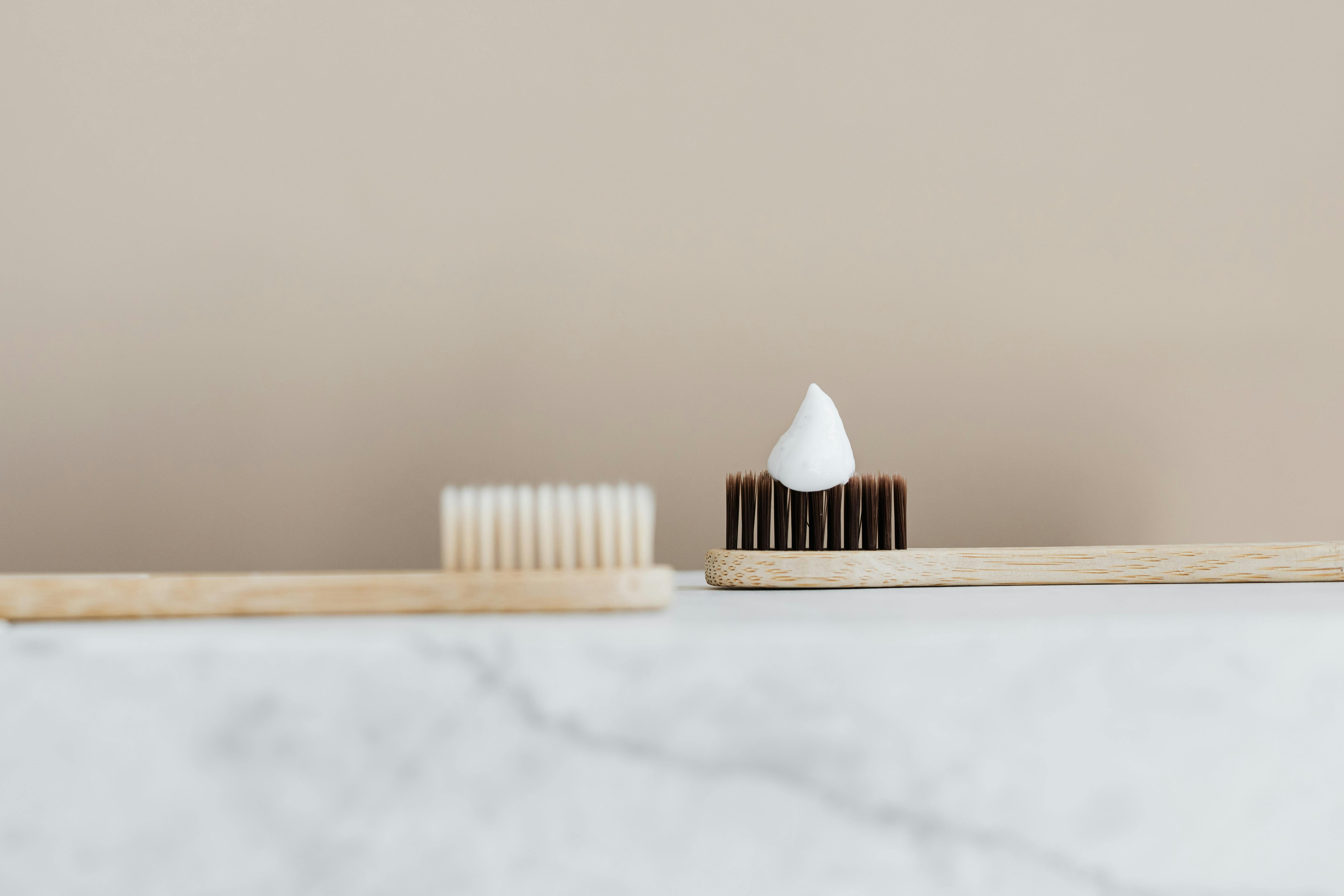What Happens When You Don’t Brush Your Teeth?

What Happens If You Don’t Brush Your Teeth?
A lot of people think that skipping tooth brushing now and then won’t hurt them—but that might not be true.
If you forget to brush your teeth a few times a week, you may not have immediate dental problems. But it’s best not to make this a habit. Brushing and flossing your teeth at least twice a day helps keep your mouth clean and your teeth healthy.
A toothache or cavity aren’t the only issues caused by poor dental hygiene. Neglecting your oral health can impact your overall wellness, too.
Common Dental Health Problems Linked to Poor Hygiene
When plaque isn’t removed regularly, it can lead to multiple dental concerns. While plaque is difficult to detect early on, it’s the foundation of most oral health issues.
Cavities
Plaque provides a home for bacteria that can erode your tooth’s protective enamel and penetrate deeper into the tooth structure. Left untreated, cavities can lead to severe pain, infection, or even tooth loss.
The good news? Brushing and flossing regularly can help prevent cavities entirely.
Gingivitis
Plaque buildup can also irritate the gums, leading to gingivitis—a form of gum disease that causes redness, swelling, bleeding, and eventually gum recession. If left untreated, gingivitis can cause permanent damage.
Periodontitis
Just as plaque leads to cavities, gingivitis can progress into periodontitis. This more serious condition affects the bones supporting your teeth, often leading to loose teeth or tooth loss.
How Fast Does Plaque Build Up?
While genetics do play a role in dental health, daily brushing and flossing are still the best ways to prevent problems.
Here’s what can happen if you skip brushing for extended periods:
One Day Without Brushing
Plaque begins forming quickly. After 48 hours, plaque starts to erode your dentin. If not removed, it hardens into tartar—a calcified substance that can only be removed by a dental professional.
One Week Without Brushing
At this point, the enamel begins to break down. You may notice worsening breath, irritated gums, and a higher risk of cavities. Once plaque hardens and bacteria spread, brushing becomes less effective.
Continued Poor Brushing Habits
Over time, inadequate oral hygiene leads to significant dental issues—cavities, gum disease, enamel erosion, tooth sensitivity, and even tooth loss. Poor oral health has also been linked to systemic issues like infections and high blood pressure.
How to Practice Proper Oral Hygiene
Following the American Dental Association’s recommendations is a great place to start.
Brush Twice a Day
Use fluoride toothpaste and brush for at least two minutes. Be gentle around your gums—too much pressure can cause irritation or gum damage.
Floss Daily
Flossing removes plaque and food particles between teeth. If traditional floss is difficult, consider water flossers or floss picks to help make it a consistent habit.
Visit Your Dentist
Schedule dental checkups at least every six months—or more often if you have a history of cavities or gum disease. Early detection makes treatment easier and more effective.
Use the Right Tools
Switching to an electric toothbrush can improve your technique and timing. If using a manual brush, choose soft bristles and use gentle circular motions.
Maintain a Healthy Diet
A diet rich in fruits and vegetables, and low in sugary foods and beverages, supports strong teeth and gums.
Don’t Skip the Dentist
Missing a brushing here and there won’t ruin your teeth—but it’s important not to let it become a pattern.
Brushing twice a day, flossing once a day, and seeing your dentist regularly are the cornerstones of lifelong oral health. Early treatment of cavities or gum issues may even prevent the need for fillings altogether.
Regular dental cleanings remove stubborn plaque and tartar, and if you’re looking for cosmetic upgrades, professional whitening is a safe and effective choice.
We can’t wait to connect!
Call 828-265-1112 or request an appointment online to set up your first visit. We’ll be in touch soon.
